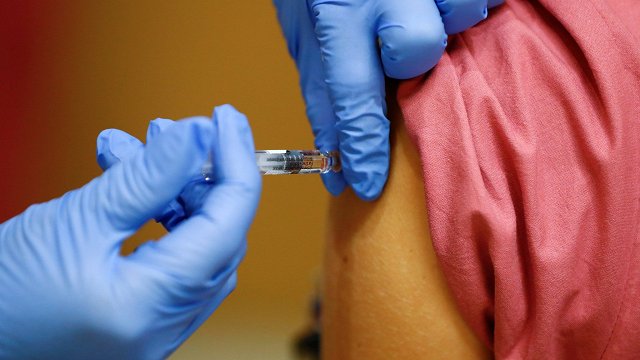The piece titled "Latvian populists change rhetoric amid country’s worst COVID outbreak" by Nika Aleksejeva outlines how "populist opposition politicians who previously benefitted from amplifying anti-vaccination narratives have changed their rhetoric, pushing more generic messages about the current government’s failure to act and prevent the epidemic. This change in rhetoric demonstrates how certain populist politicians, as previously reported by the DFRLab, utilize ever-shifting messaging to advance their political aspirations."
Amid the worst #COVID19 outbreak to date continues in #Latvia, populist opposition politicians switched their rhetoric from anti-vaxx disinformation to more generic messages about the current government’s failure to act and prevent the pandemic. https://t.co/ClTCevrc2S
— DFRLab (@DFRLab) October 22, 2021
In short, such politicians feel they don't need to stick to any particular position, even if they describe it as a matter of principle, and will quite happily switch to an alternate position if the death toll or public mood swing in another direction. They also have no problem with simultaneously criticising low levels of voluntary vaccination while sowing doubts about the safety or efficacy of vaccines and characterising the vaccination program as compulsory. They also like to employ the rhetoric or symbolism of genocide.
The statements of politicians Ainārs Šlesers and Aldis Gobzems are the main focus of the analysis which can be read here.
The Atlantic Council’s Digital Forensic Research Lab (DFRLab) studies disinformation by exposing falsehoods and fake news, documenting human rights abuses, and building digital resilience worldwide.





























